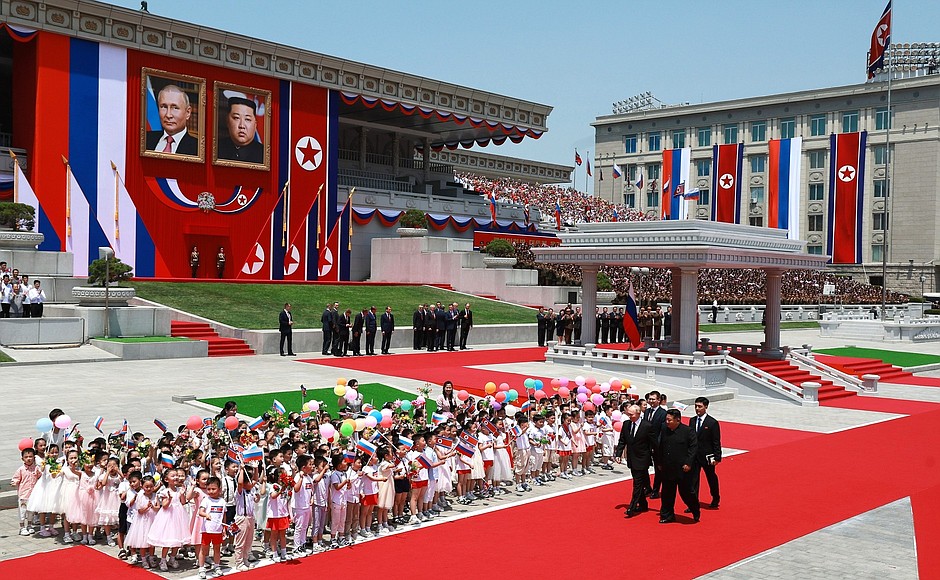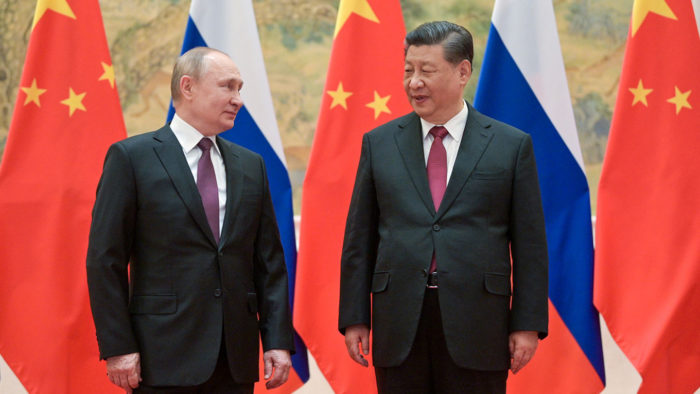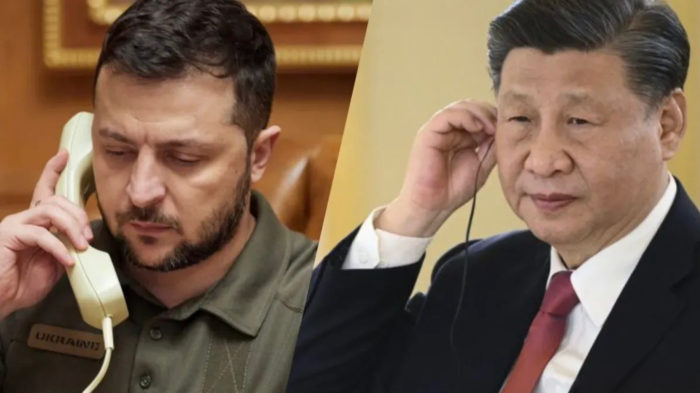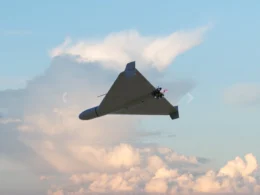Russia continues expanding its military and economic cooperation with China, Iran, and North Korea while engaging in rapprochement efforts with Washington, according to an assessment by the Institute for the Study of War (ISW).
On 24 February, Russian President Vladimir Putin spoke with China’s President Xi Jinping, marking the third anniversary of Russia’s full-scale invasion of Ukraine. The discussion covered strategic cooperation and recent US-Russia talks on Ukraine, ISW says. Two days later, Russian Foreign Minister Sergei Lavrov met with Iranian officials in Tehran, reinforcing a recently signed Russo-Iranian Comprehensive Strategic Partnership Agreement. Iran reaffirmed its cooperation with Russia and China on nuclear policy, while condemning new US sanctions.
China supports new US-Russia “consensus” on Moscow’s war in Ukraine
Then a delegation from North Korea’s ruling Workers' Party of Korea (WPK) arrived in Moscow for discussions with Russia’s ruling United Russia Party. The talks focused on increasing cooperation under the Russo-North Korean Comprehensive Strategic Partnership Agreement, which took effect in December 2024. The US has sanctioned the WPK since 2016 over North Korea’s continued nuclear and missile proliferation.
Russia uses diplomatic engagements to push its war narratives
Russia is using these diplomatic engagements to push its narrative about the war in Ukraine. During his 25 February meeting in Tehran, Lavrov thanked Iranian officials for supporting Russia’s position on the "root causes" of the war, including alleged NATO expansion and Russian-claimed discrimination against Russian-speakers in Ukraine. The Kremlin has increasingly invoked this rhetoric in meetings with Chinese, Iranian, and North Korean officials, aiming to create the perception of a unified front against the West.
Putin and Lavrov also referenced these "root causes" in recent discussions with Chinese Foreign Minister Wang Yi and during Putin’s 24 February call with Xi. Moscow seeks to bolster the impression that its key allies support its position, reinforcing its diplomatic and military bloc against the US and its partners.
Russia relies on US adversaries for military and economic support
As the Russo-Ukrainian war continues, Russia increasingly depends on Iran, North Korea, and China to sustain its military operations. Iran has supplied thousands of Shahed-model strike drones, allowing Russia to shift its domestic defense production to other weapons. North Korea has provided millions of artillery rounds, now making up more than half of Russia’s total ammunition stocks, according to Ukrainian intelligence. Additionally, up to 12,000 North Korean troops have been deployed in Russia’s Kursk Oblast, freeing up Russian forces for other operations.
NATO chief warns Trump: forced Ukraine peace deal could embolden China, Iran, and North Korea
China’s support has been more covert due to economic concerns, but US intelligence reports indicate that Beijing is supplying Russia with military technologies, microelectronics, chips, machine tools, and geospatial intelligence - all critical for Russia’s war efforts.
Russia seeks to consolidate an anti-US bloc
While engaging in diplomatic outreach to Trump’s administration, Moscow continues to consolidate its partnerships with states openly hostile to US leadership.
"Putin's victory in Ukraine, either on the battlefield or through negotiations, will empower and enable the PRC, North Korea, and Iran in their respective theaters," ISW says.
ISW states that the US adversaries are relying on Russia's victory in Ukraine, making it a US national security priority to prevent this outcome and weaken the coalition supporting Moscow’s invasion.
"Russia, in particular, appears to be relying on a charm offensive toward Washington to obscure its deep commitment to weakening the United States and its friends and allies around the world. The Trump administration should be clear-eyed about this larger Russian threat," ISW concludes.
Related:
- Seoul says more North Korean soldiers deployed to Russia
- North Korea provides 50% of Russia’s ammunition, says Ukraine’s spymaster
- ISW: Russia signs strategic partnership with Iran amid military constraints
- China supports new US-Russia “consensus” on Moscow’s war in Ukraine





